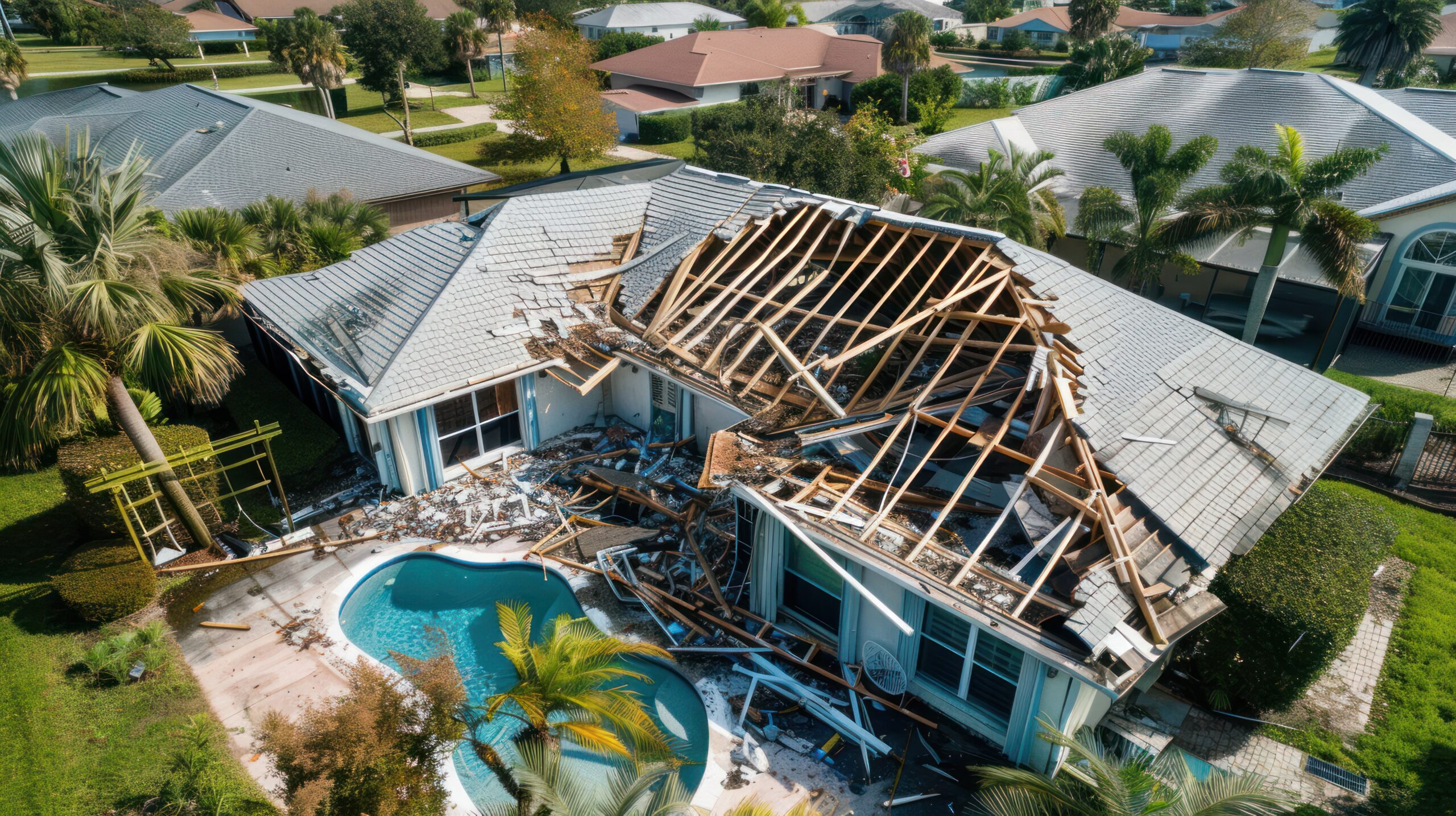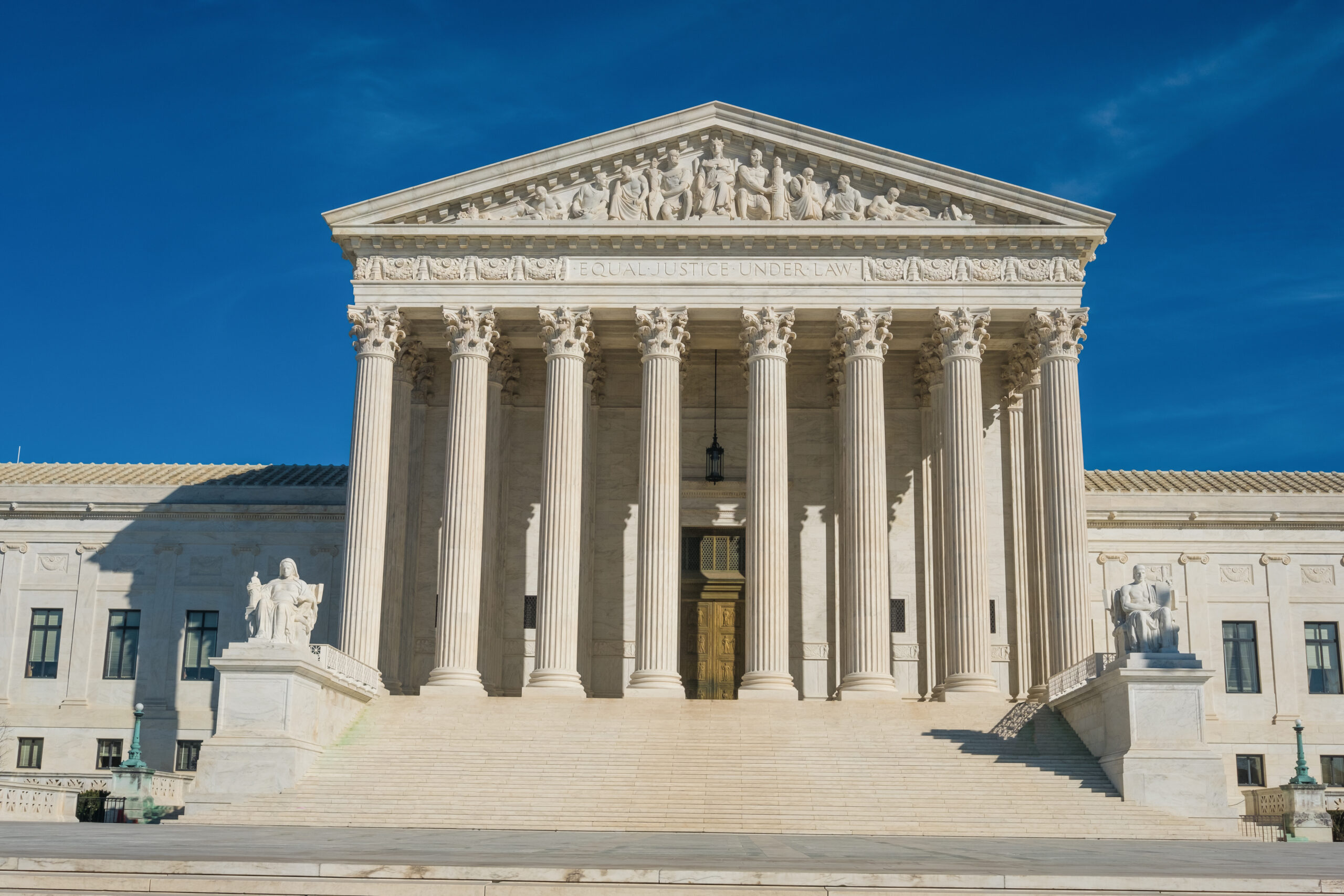Cotality said it has identified more than 33.1 million residential properties from Texas to Maine with a combined reconstruction cost value of $11.7 trillion at least moderate risk of sustaining damage from hurricane-force winds.
The property data provider, formerly known as CoreLogic, said 6.4 million residential properties with a reconstruction cost value (RCV) of $2.2 trillion are at moderate or greater risk of damage from storm surge flooding.
“Our data shows that the coastline is evolving, with the impacts of hurricanes extending not only further—both in cost and distance—but also on a more consistent basis,” said Maiclaire Bolton-Smith, vice president of insurance product marketing at Cotality, in a statement. “This is being reflected in insurance pricing, which in some cases can actually price people out of what had previously been thought of as less-risky markets.”
According to Cotality’s hurricane risk report, as the risk of wind and flood damage grows, the availability and affordability of insurance in certain areas are creating “liquidity traps.” Properties are losing value, and staying on the real estate market longer.
A study by the firm found that homes within the flood zone in Miami lost as much at 18% in value per square foot. But from the buyer’s perspective, any savings are usually wiped out by the cost of insuring the property—if insurance can be found.
Related: More Floridians Moving Out Due to Housing, Insurance Costs, Cotality Report Says
The dynamic is repeated in more places outside of Florida, Louisiana, and Texas, where clear hurricane risk is ever-apparent and the property insurance markets have been through periods of turmoil. Cotality has been keeping an eye on Florida migration patterns, which appear to indicate from mortgage applications that people are moving to the Carolinas and elsewhere.
However, this movement may stress the infrastructure elsewhere—in areas thought to be safer from hurricane risk, but are not.
“Across the nation, floods caused by hurricanes routinely overwhelm infrastructure, knocking essential services like electricity, wastewater treatment, and clean drinking water offline for days or even weeks,” said Cotality, adding that some standards and funding programs from the Federal Emergency Management Agency (FEMA) were recently discontinued.
Interested in Catastrophe?
Get automatic alerts for this topic.






Leave a Reply